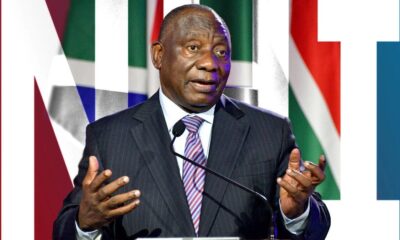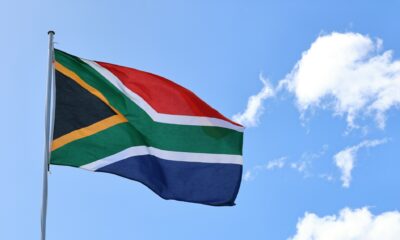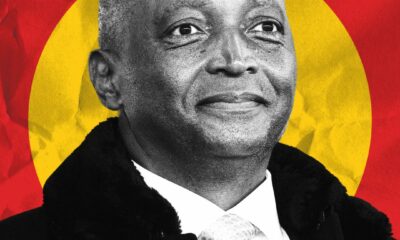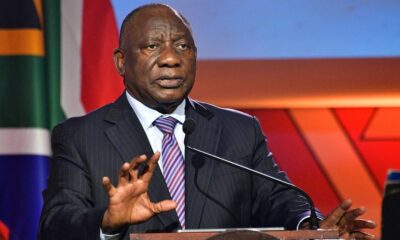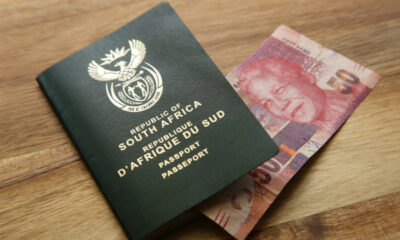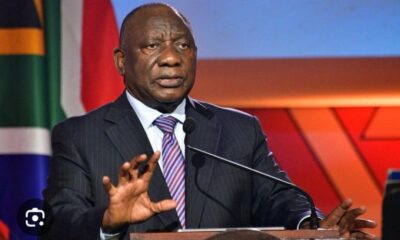News
G20 Summit 2025: Seven Key Takeaways as Africa Takes Centre Stage
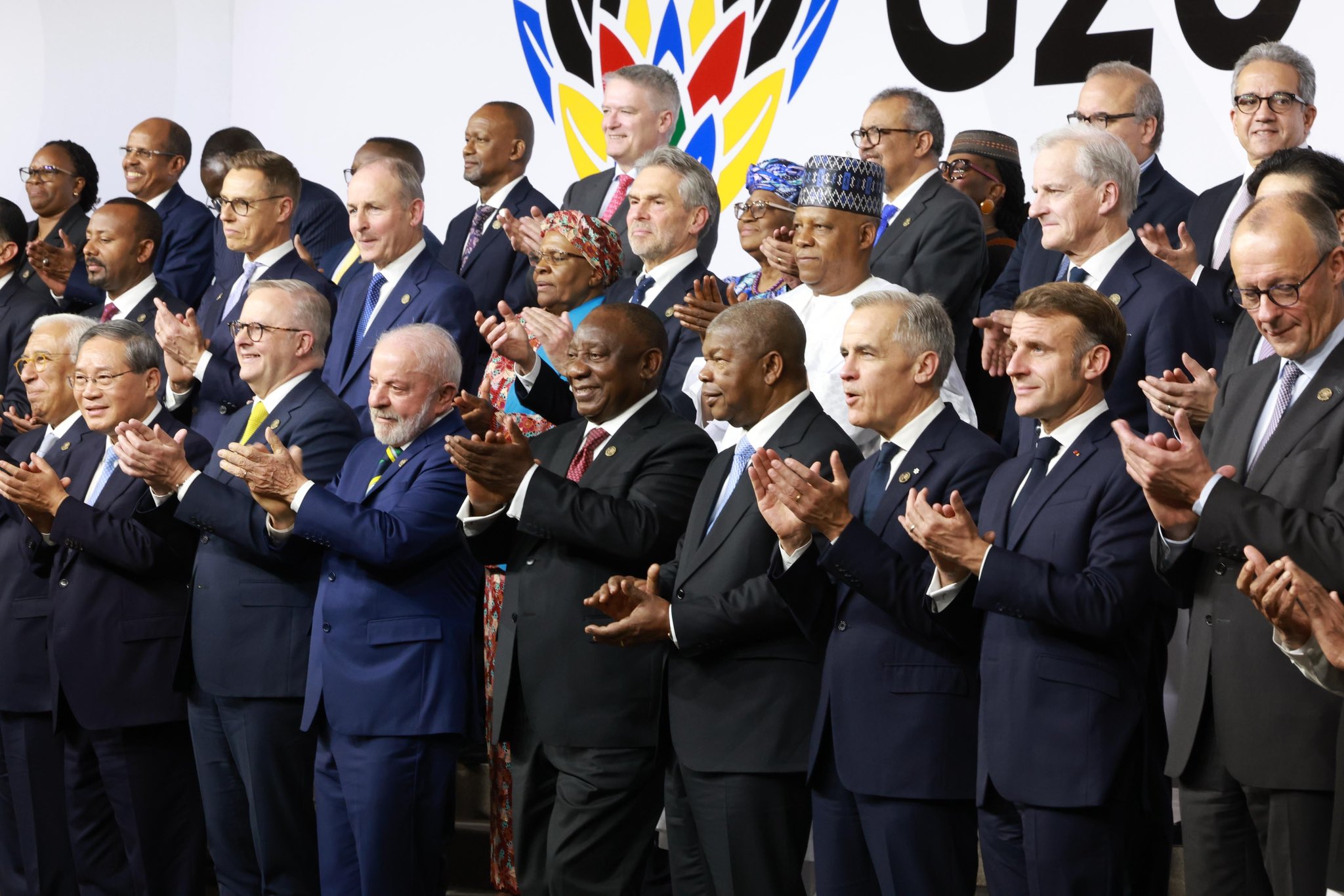
South Africa’s historic leadership in global diplomacy
For the first time, Africa hosted the G20 Leaders’ Summit, with South Africa at the helm. Under President Cyril Ramaphosa’s stewardship, over 40 countries and institutions convened at the Johannesburg Expo Centre to tackle urgent global crises, from climate change and debt relief to peace initiatives in conflict zones like Congo, Palestine, and Ukraine.
Despite the absence of the United States delegation, led by President Donald Trump, who boycotted the summit citing perceived discrimination in South Africa, the event moved forward decisively. The resulting G20 Leaders’ Declaration placed Africa and the broader Global South at the centre of global prioritiesa milestone reflected in South Africa being mentioned more than 80 times in official documents.
“This is the first G20 summit hosted on African soil, and it has placed urgent global priorities at the centre of discussions,” Ramaphosa said. “We appeal to all world leaders to confront our shared challenges together, ensuring that no one is left behind.”
Peace and Security: Addressing global hotspots
The summit reaffirmed commitment to sustainable peace in conflict-ridden regions. Leaders highlighted the importance of stability in Congo, Palestine, and Ukraine, recognising that ongoing conflicts have ramifications far beyond their borders.
Climate Action: Urgency amid global resistance
Even without formal US participation, the declaration called for accelerated transitions to renewable energy and enhanced adaptation measures. Observers praised South Africa’s role in keeping climate action on the agenda despite opposition from some quarters.
Debt Relief: Africa and low-income nations in focus
Leaders addressed the growing debt crisis affecting low-income countries, particularly in Africa. Italy’s Prime Minister Giorgia Meloni pledged to halve African debt over the next decade, underscoring international support for economic recovery. Analysts noted this as a significant victory for African nations, many of which have long called for more equitable treatment in global finance.
Energy Access: Bridging the gap
The G20 highlighted the energy access deficit in Africa, where over 600 million people lack electricity and about 1 billion lack clean cooking facilities. The summit endorsed recommendations from the South African G20 Africa Expert Panel, advocating greater productivity, investment, and support from institutions like the African Development Bank.
Global Governance Reform: Amplifying the Global South
Delegates emphasised the need to reform international institutions to better reflect the realities of emerging economies. Calls for fairer trade rules and inclusive financial governance aimed to ensure African and developing nations are active economic players, not merely suppliers of raw materials.
Minister in the Presidency Khumbudzo Ntshavheni said:
“For us, our success is that we have put the African agenda firmly on the map. Africa is mentioned 80 times in the declarationthis isn’t just about Africa, but the Global South’s priorities.”
Security Challenges: Protests and clashes
The summit was not without disruption. Outside the Nasrec Expo Centre, police clashed with members of Operation Dudula, a controversial activist group. Supporters attempted to block motorcades, prompting arrests after a police officer was injured.
Brigadier Athlenda Mathe confirmed cases of public violence and contraventions of court orders, noting that a “ring of steel” around the venue ensured overall security.
Handing the baton to the US
As South Africa prepares to hand over the G20 presidency to the United States, Minister Ntshavheni expressed optimism about the summit’s legacy. “Africa’s interests and challenges are now integral to global conversations,” she said. “This proves our capability to lead and represent the continent on the world stage.”
Political analysts noted that the absence of the UStraditionally a G20 heavyweightdid not stall progress. Instead, the summit highlighted a growing role for the Global South in shaping multilateral solutions for economic, environmental, and security crises.
{Source: IOL}
Follow Joburg ETC on Facebook, Twitter , TikTok and Instagram
For more News in Johannesburg, visit joburgetc.com

